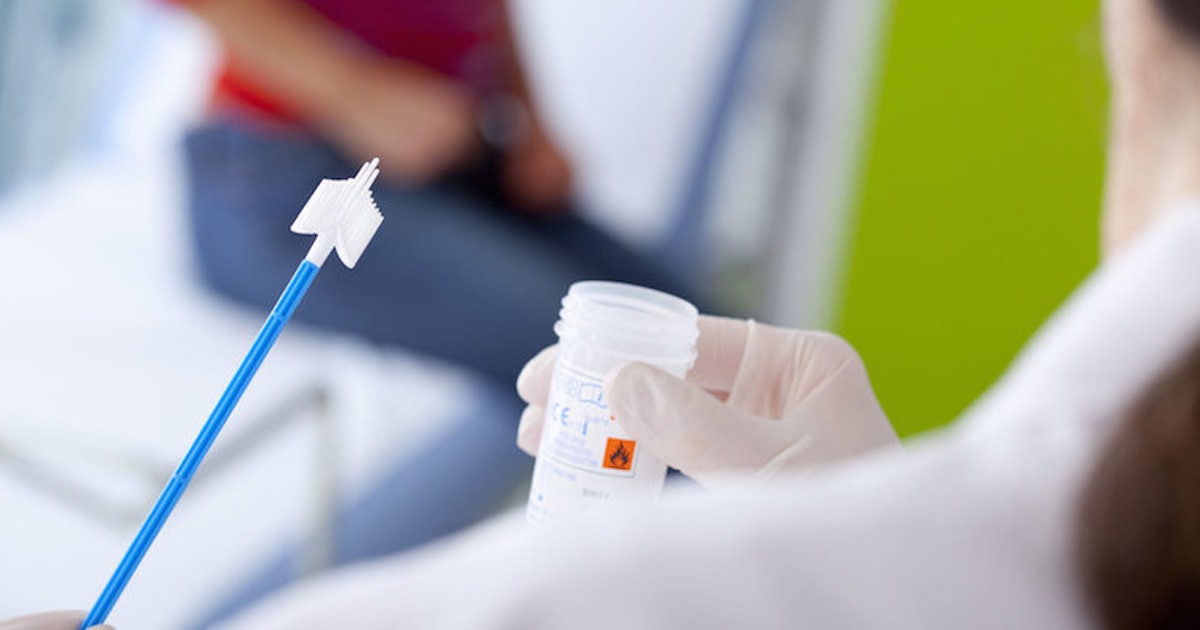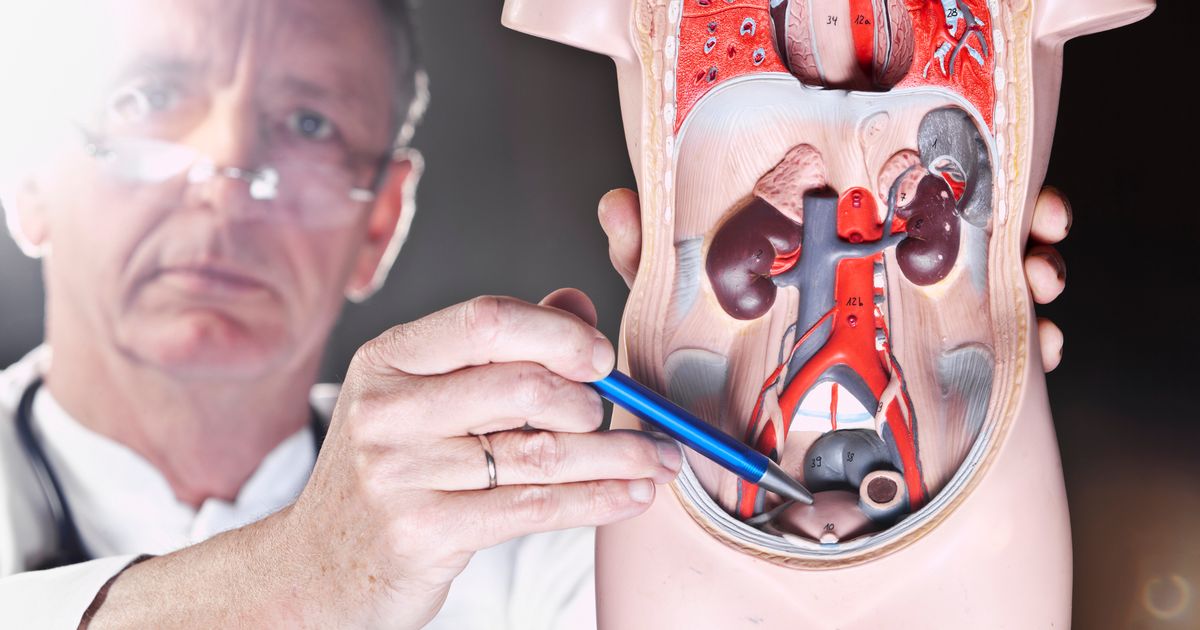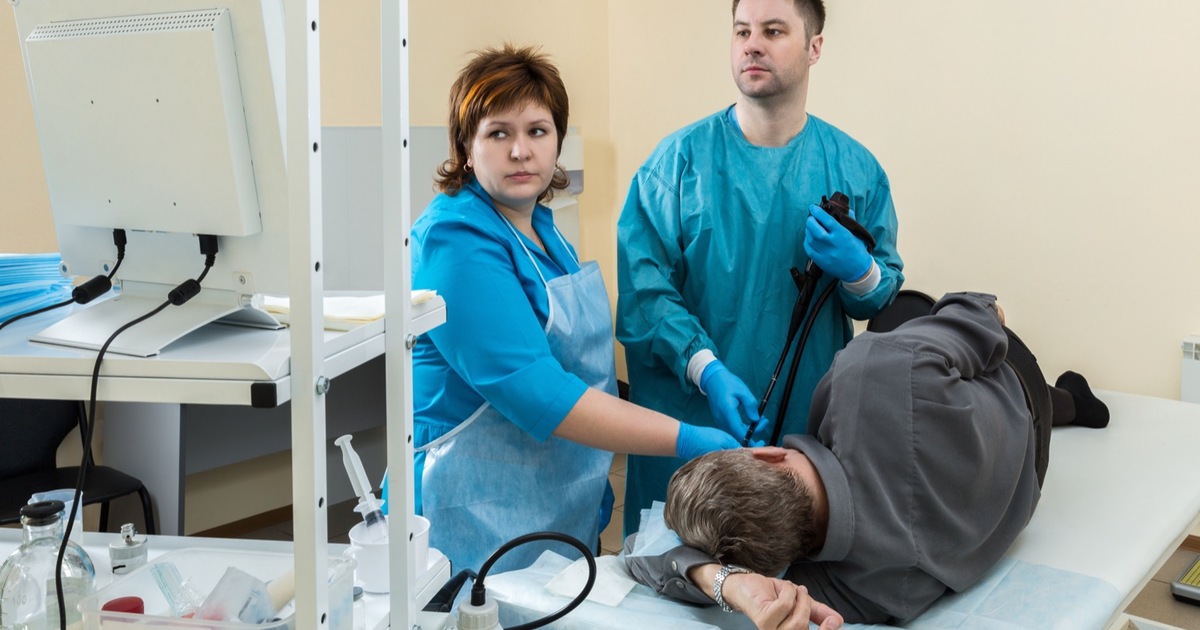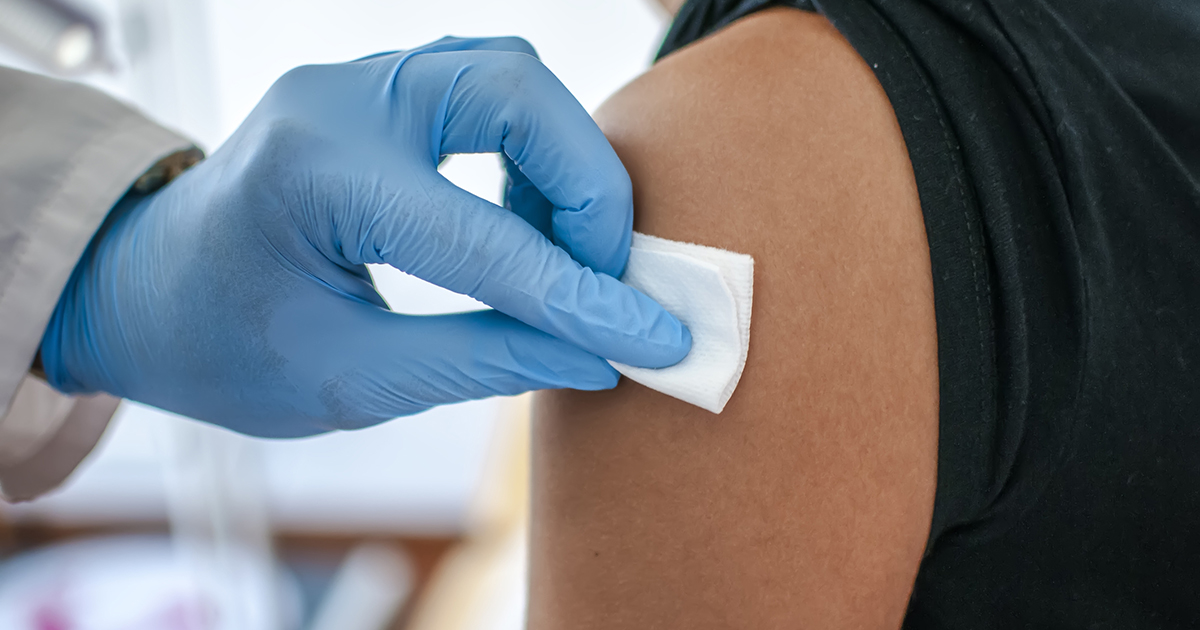Critical Health Assessments To Have Done Before You Have Serious Problems
For some reason, many of us do not focus on our health until something is wrong. Many conditions are avoidable or treatable when detected early, which is why regular assessments and check-ups are so important. No one should wait until serious symptoms develop before they seek routine medical attention. With this in mind, the following are some critical health assessments everyone should have on a routine basis before serious problems develop.
Breast Exams

Aside from skin cancer, breast cancer is the most common form of cancer diagnosed among American women. Luckily, when cancer is caught early, the rate of survival is high. Once breast cancer reaches stage 1, the five-year survival rate is approximately ninety-eight percent. Of course, as cancer progresses, it becomes harder and harder to treat.
Although the doctor should examine their patient's breasts once a year during a physical examination, this is something patients can also do in the privacy of their home, at least once every month. If a woman finds anything abnormal, they should seek a clinical breast exam, as well as a possible mammogram. The earlier signs of breast cancer are detected, the greater the chance women have of beating it.
Uncover another critical health assessment now.
Early Cervical Cancer Detection

Women over twenty-one years old should get screened on a bi-annual basis for cervical cancer. With regular screening, this form of cancer is almost entirely preventable. A simple Pap test or HPV test is fast and efficient, helping women protect their present and future health.
It is important to note some women are at a higher risk of developing cervical cancer and related conditions than others. If women have a weakened immune system, were exposed to diethylstilbestrol (DES) before birth, have been infected with HPV, or experience genital warts that are difficult to treat, they may want to get screened on an annual basis. This discussion is one all women should have with their doctor.
Get information on a regular cancer screening all men should have now.
Prostate Cancer Screening

Prostate cancer is the most common type of cancer among American men, but since these tumors grow slowly, they can often be removed or successfully treated. Before this disease causes symptoms, ensure you are getting screened on a regular basis. Screening is especially important for men over seventy years old.
Two tests may be done: a digital rectal exam, which feels for lump and abnormalities on the prostate; as well as a prostate-specific antigen (PSA) test, which measures PSA levels in the blood. This is critical, as high concentrations may reveal prostate cancer is present and that it could quickly spread to other areas of the body. When detected early, men generally require less aggressive treatment, and there is a higher chance of survival. Men between forty and seventy years old should speak with a doctor about routine screening.
Learn more about critical health assessments to have now.
Hypertension Tests

Patients should have their doctor test their blood pressure at least once a year during their annual check-up. Of course, if a patient suffers from issues with their heart or blood pressure, they may need to visit more often. Hypertension is known as the 'silent killer' because it does not typically cause symptoms to develop until something drastic and potentially life-threatening occurs.
When patients are aware their blood pressure is high, they can take the proper steps to lower it before it gets too out of hand. By adopting a healthier lifestyle, patients may not need to rely on medications forever. A heart-healthy diet that is rich in whole grains and includes lean protein sources, nuts, seeds, fruits, and vegetables is critical for this. Patients should also try to walk at least thirty minutes each day.
Discover more essential health exams now.
Fasting Plasma Glucose Levels

Although type I diabetes is often not within a patient's control, type II diabetes is lifestyle-related, accounting for approximately ninety percent of all diabetic cases. If individuals are overweight, it is imperative for them to begin a healthy weight loss plan. Also, they should have their fasting plasma glucose levels examined regularly.
If a patient's levels read 7.0 mmol/L or higher, they could be prediabetic. At this point, the patients are still capable of improving their health and avoiding a type II diabetes diagnosis. Unfortunately, nearly fifty percent of those with prediabetes develop type II diabetes, often due to not detecting it in time for reversal, which then places their health at risk. Being aware of one's blood glucose levels and taking action if required can greatly reduce the risk of heart, kidney, nerve, and vision complications.
Learn about screenings for infectious disease next.
Infectious Disease Screening

There are a number of infectious diseases individuals should be checked for, especially those who are sexually active. Common sexually transmitted infections, such as gonorrhea and chlamydia, can be easily treated when detected early. When left untreated, however, major complications can arise, including fertility issues. Hepatitis and HIV are other infectious diseases that require immediate attention, even if symptoms have not surfaced. Patients at risk for conditions such as these should discuss appropriate testing and treatment with their doctor.
Keep reading to learn about more screenings all individuals should have regularly now.
Skin Cancer Screening

Skin cancer is the most common form of cancer, and although it is often treatable, malignant melanoma is extremely hard to treat and often results in death. It is important to be screened for skin cancer before any symptoms evolve. When abnormal tissue is discovered early on, it is much easier to treat.
Screening tests are routine, as they are administered when no symptoms are present and should be done on a bi-annual basis. If screening test results are abnormal, then diagnostic tests may be conducted to provide clearer results. Patients should remember if they have an irregular or unusual colored mole, it is critical to have it examined, just to be safe.
Get to know more health screenings everyone should have now.
Colon Cancer Screening

Even without a family history or symptoms, individuals are still at risk of developing colon cancer. The American Cancer Society states colorectal cancer is the third cancer-related cause of death in the United States, which is why early detection is so critical. Cancers caught in early stages allow for more possibilities of treatment. If patients have no history of colorectal cancer or polyps, family history related to colorectal cancer, history of inflammatory bowel diseases, prior cancer treatments that involved abdominal radiation, or an established or possible hereditary colorectal syndrome, they are considered to be at average risk. Thus, it is recommended for them to begin the colon cancer screening tests around forty-five years old, and as long as they are in good health, continue until they are roughly seventy-five years old. Those who do have some of the listed risk factors are considered high risk and should begin screenings before forty-five years old, have them done more often, and discuss which screening options are most appropriate for them.
Screening tests include a colonoscopy, sigmoidoscopy, and a double contrast barium enema. The frequency of these tests vary, but typically the most popular test, the colonoscopy, is done every ten years for those with no risk factors apart from age or every five years for those with a history of polyps.
Get to know more health tests all individuals should have now.
Cholesterol Monitoring

Cholesterol is a waxy material in the blood used to make healthy cells. When there is an overabundance of cholesterol, it can cause fatty deposits to build up in the blood vessels, slowing blood flow. Pieces of deposits can also break creating heart attack causing clots. Patients can minimize high cholesterol with a healthy lifestyle even if they have a higher risk through family history. Children without risk factors are usually tested twice, once between nine and eleven years old, and then again between seventeen and nineteen years old. As a no risk adult, cholesterol monitoring and screenings continue once every five years. More frequent testing will be recommended by a patient's doctor if their family medical history has instances of high cholesterol, diabetes, heart disease, or high blood pressure. Individuals may also need more frequent screenings if their lifestyle is considered particularly unhealthy. Screenings consist of a blood test done after a twelve-hour fasting period. Lifestyle changes and medications to treat cholesterol problems will be discussed with patients by their doctor.
Learn about how immunizations are essential aspects of health everyone should undergo now.
Regular Immunization Evaluation

The majority of children will receive immunizations throughout their childhood. However, as adults, we often forget continued immunization evaluation should still occur. This is because the immunizations individuals get as children can wear off over time. A vaccination is an easy and convenient way to prevent some sicknesses. An annual flu vaccine and Tdap vaccines are good examples of preventative immunizations individuals should still receive even into adulthood. A patient's physician may also recommend other vaccinations based on their age range, profession, overall health, and lifestyle. For example, adults who suffer from asthma or chronic obstructive pulmonary disease are more likely to get complications if they catch the flu, which makes the annual flu vaccine a logical choice. However, other vaccines may not be so obvious. The pneumococcal vaccine, zoster, and Tdap vaccines are also recommended in these situations. Individuals traveling abroad should get certain vaccinations based on their destination(s), and in some cases may be required to get certain ones, though the specifics must be discussed with a doctor.
Discover additional regular health exams all patients should get now.
Hearing Tests

Today, most babies will receive a hearing screening before they even leave the hospital. Screenings continue into childhood with tests being administered at school and at regular health checkups. Adults should continue to get hearing tests at least once every ten years until they reach fifty years old. After fifty, tests should be done every three years. Hearing screenings are quick, painless and are pass-fail. Patients only need to follow through with further testing if they do not pass the initial screening. Even if patients do not feel they need a screening, it is still recommended because hearing loss happens so gradually they may not even realize it is happening. Hearing loss can make individuals feel isolated socially, reduce their quality of life, and can leave them vulnerable in emergency situations. Hearing problems can also exacerbate the possibility of falls and a patient's ability to walk. Though hearing loss may not be reversible, doctors can help protect what hearing patients have left and make up for what they have lost with the use of hearing aids.
Uncover information on health screenings related to vision now.
Vision Tests

An individual, beginning at six years old, should get vision tests completed on a regular basis, though the frequency recommended does vary based on the patient and the presence or lack of vision conditions. Vision screenings can help detect early symptoms and risks for certain eye diseases that can cause vision loss and blindness if not caught early enough. Certain health issues like diabetes can damage blood vessels and can make an individual more susceptible to blindness, glaucoma, and cataracts. Early detection is key to preventing or delaying blindness in some cases. Healthy vision can give individuals a higher quality of life. If an individual experiences reduced vision, pain, redness and draining, double vision, halos, floaters, or flashes of light, they should seek help from their doctor or an ophthalmologist before their regularly scheduled appointment.